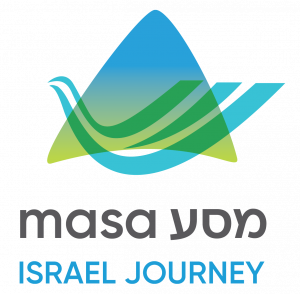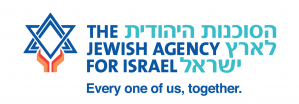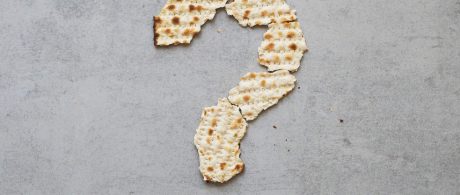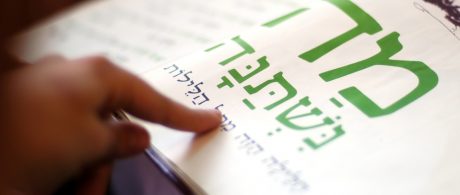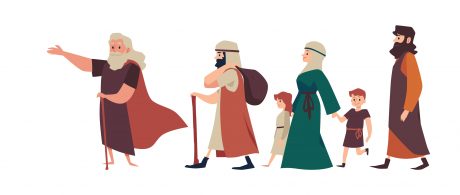“The “silly” question is the first intimation of some totally new development” – Alfred Whitehead
The Passover seder would not be complete without the tune of “Echad Mi Yodea?”, the delicious charoset on the table, the hiding of the Afikomen, and the opening of the door to Eliyahu Hanavi. Many more varied family traditions make up the celebration of Passover and take us back to our childhood memories on the first night of Passover.
During this solemn and ceremonial dinner, we read the Passover Haggadah, which connects us to our historical past as a nation and with its transmission to future generations. Each year, our duty is to retell this story and experience it as if we, too, just fled Egypt’s land. Furthermore, we must examine what we must pass on to the next generation.
The Haggadah also becomes a story we read about those who retold the story before us (“…were telling the story of the exodus from Egypt that whole night”). Etgar Keret, an Israeli writer, said that “the magic happens where you stop understanding when you lose control.” The Haggadah attaches immense importance to asking questions, addressing difficulties and misunderstandings, and providing a safe space to examine such ideas.
“Corresponding to four sons did the Torah speak; one [who is] wise, one [who is] evil, one who is innocent, and one who doesn’t know to ask.”
One must know how to ask questions to connect the importance of the past and the future – a key component of Passover.
Therefore, we invite you to explore and ask some of these essential questions this holiday offers us.
You will find here a variety of activities and texts that will help you with this:
- Chevruta Suggestions
- The Siman Tov Seder – a set of 15 small booklets to enhance your Passover seder
- 101 about Passover
- Translation of the Haggadah
- Short educational videos about the holiday
Chag Sameach!
Masa Israel Journey

